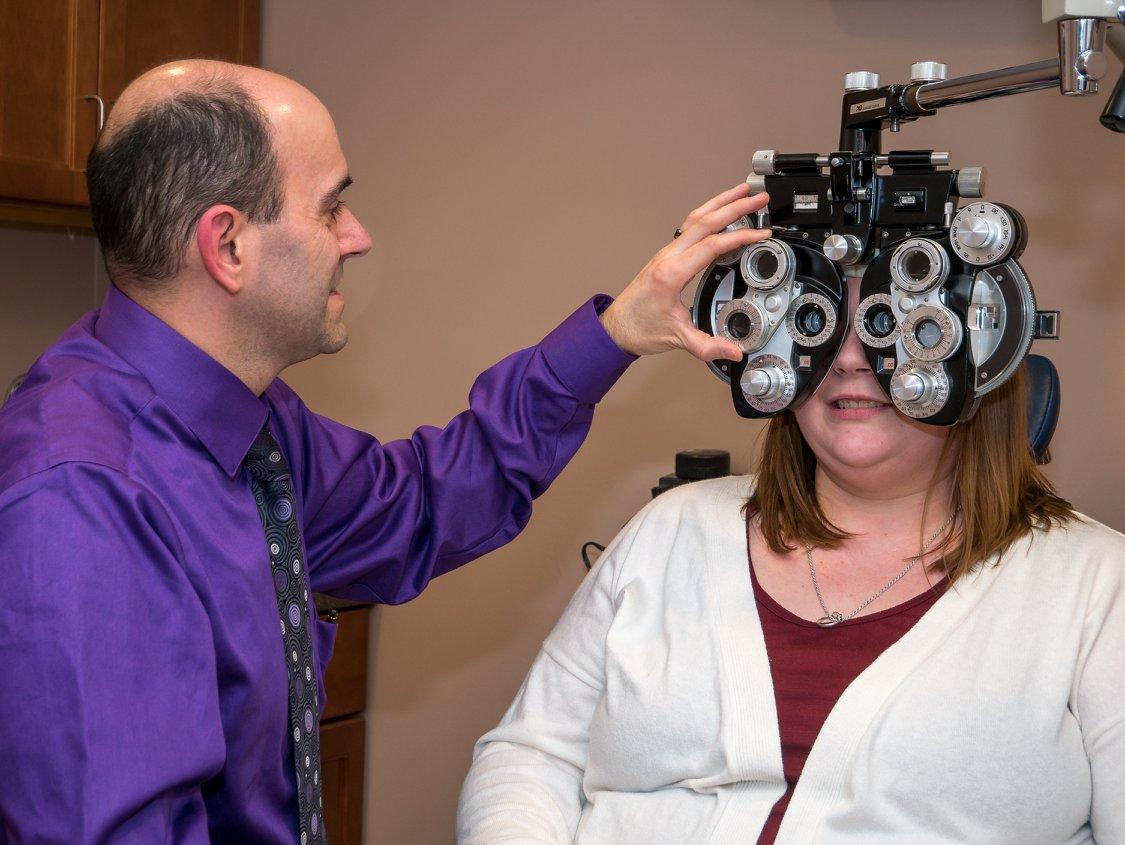How Medical Advancements Have Changed The Eye Care Perspectives Over Time
- Written by News Company
Improvements In the Medical Industry and The Positive Effect on Eye Care
Of course, technological advancement is not a preserve of certain industries. In fact, the best and most resourceful advanced technology progress is present in the medical industry. After all, what makes ten years ago different? Why are treatments better and easily accessible than a decade ago? The continuous innovation in the healthcare industry has enabled medical professionals to save many lives in both preventive and curative measures. Other than its impact on treatment methods, it has simplified the practices of medical professionals.

Medical care has been a hot subject for decades. In the past, if you got an eye problem, you would either wear spectacles, go in for surgery (which was extremely risky), or wait it out, hoping you will not go blind. With advanced technology, patients no longer have to risk at all; there is probably a solution to your eye problem. Today, there are technological advancements that allow early detection of eye diseases, and among so much more eye care professionals can do for you. If you haven’t noticed, spectacles are slimmer, lighter and more comfortable. They are even more effective at protecting your vision.
Your Perception Massively Relies on Your Vision
Your eyes are the integral sensory organ of your body. It accounts for 80% of your perception. When your eyes start being infected, you will want a fast solution. Your vision stretches out to about 50 miles; that is quite significant when you compare to your other sensory organs. Your arms can’t reach that far and you can only hear things clearly at one or two miles away. So, what are the advancements in eye care that have transformed the medical industry?
Progressive Lenses
In the past, if you had myopia (struggling to view things clearly), and still needed to view closer things better, your only option was to go for bifocal lenses. Progressive lenses have changed that. In the past you had to wear large glasses, which were not that stylish. However, this has greatly altered, thanks to advancement in technology. With bifocal glasses, you can get your vision corrected at any distance - whether it is close, far, or even away. All this is possible without alteration of your lens. Their power alters gradually on the lens’ surface offering the viewer the perfect clarity of the object in focus.
Advances in Eye Surgery
Eye surgeries are delicate operations. With a combination of human expertise and artificial guidance systems, robot surgery has managed to simplify the process. Today, eye care specialists can use remotely controlled robots to perform eye surgery. The conventional technology used here is the Robot Retinal Dissection Device (RDD2). This technology improves the operation as it brings in a mechanical hand, which is an improvement away from the minor tremors that even the steadiest human hand has. It has resulted in high precision in eye surgery.
The Bionic Eye
Sound futuristic? It is a reality today! Many conditions can cause blindness like AMD or retinitis pigmentosa. Well, such people have new hope in innovative technologies like bionic eyes. They help individuals who have difficulty in vision see. An implant is positioned in the retina, and the patient then wears glasses that possess a small camera that is built into the lens. It does not restore normal vision to the patient but it offers them an opportunity to see, which was not possible before.
New Technology That Alters Detection of Diabetes-Related Eye Complications
Most of the eye disorders were usually going undetected until it was too late; however, thanks to new technology, earlier detection is very possible. This is a direct result of optometric research. They use a new tool uses advanced optics to spot early signs of vision impairment that might happen when you have diabetes. Since diabetes is the biggest cause of preventable blindness, it a great innovation that has worked wonders in the industry by helping many people.
What Does the Future Hold?
Every year, there is new technology that helps improve people’s health. Imagine a future with digital prescription lenses, painless eye care, digitized eyes and so much more. The pattern is apparent; this is a possible path. It is a technology era; you cannot compare the procedures used decades ago and what is being used currently. It is inevitable the future holds even better innovation.

